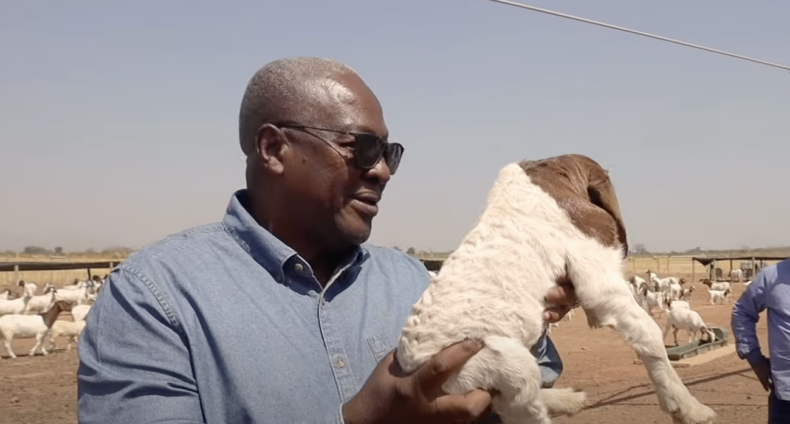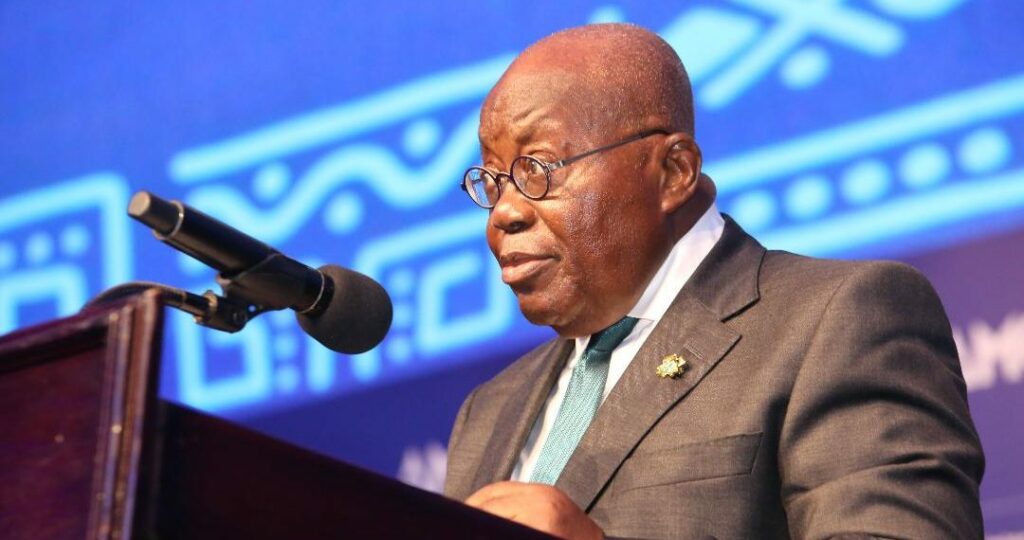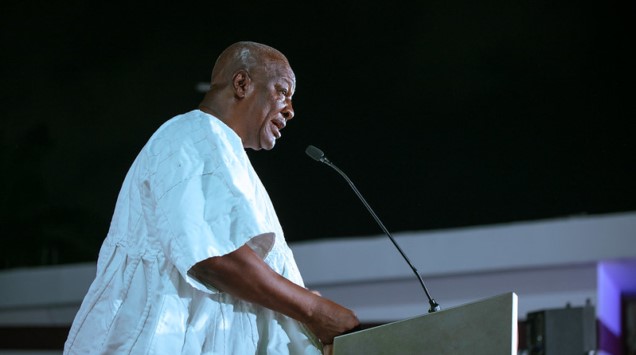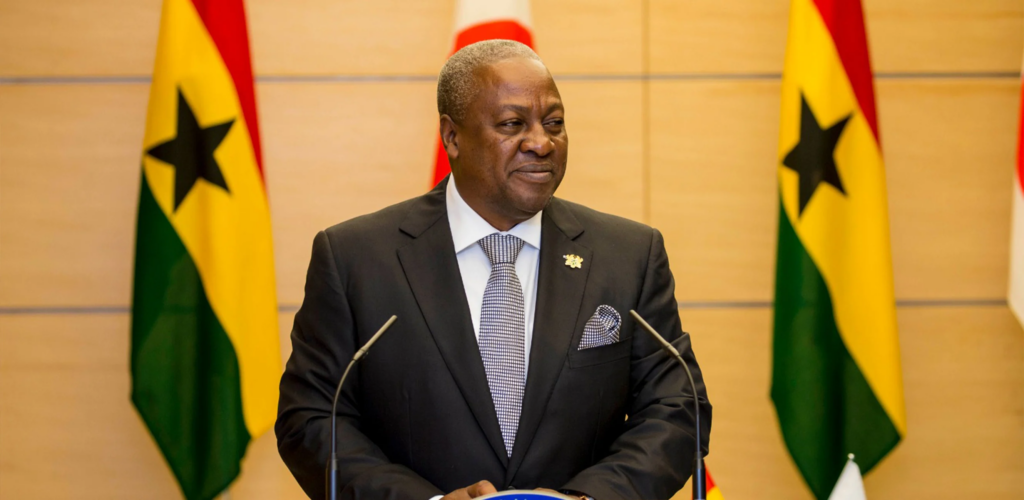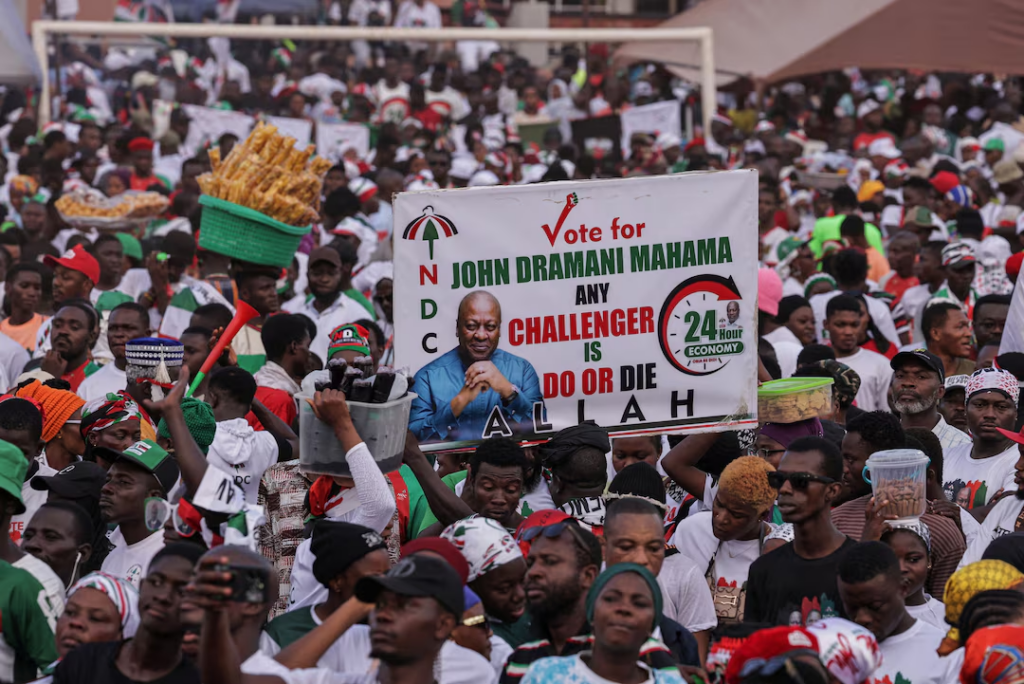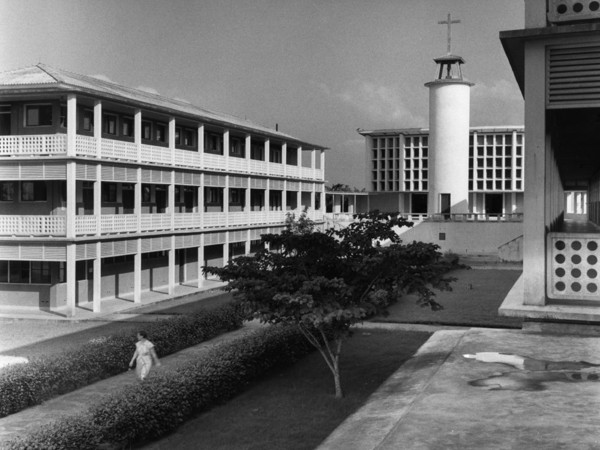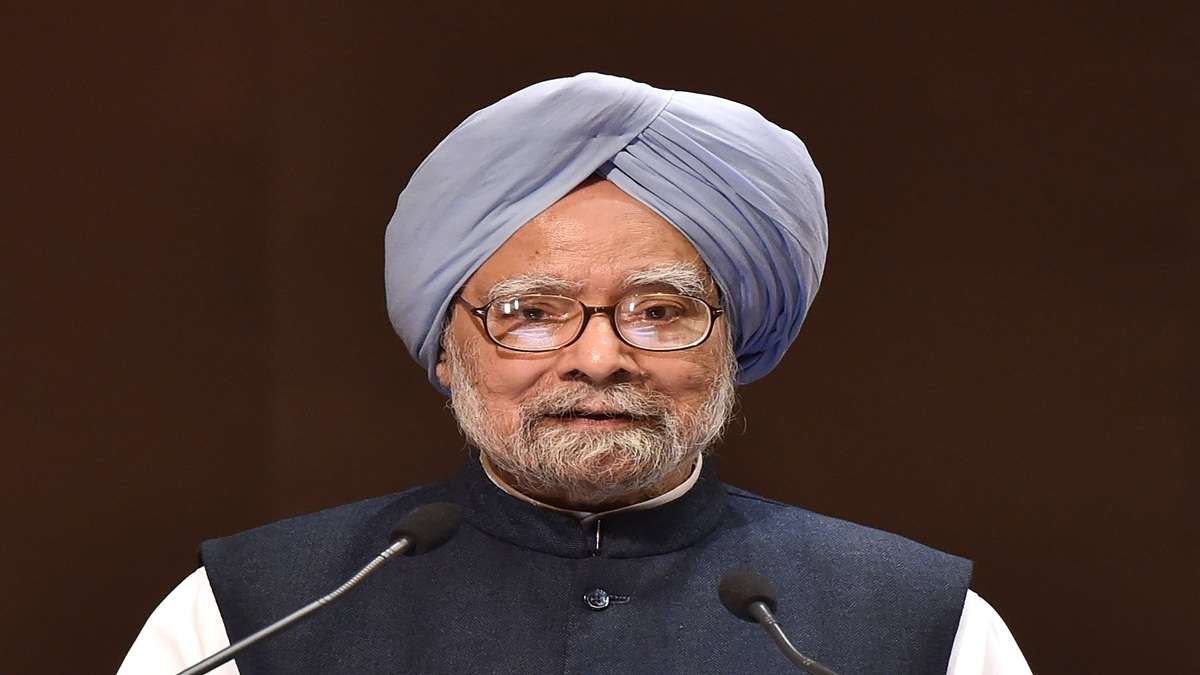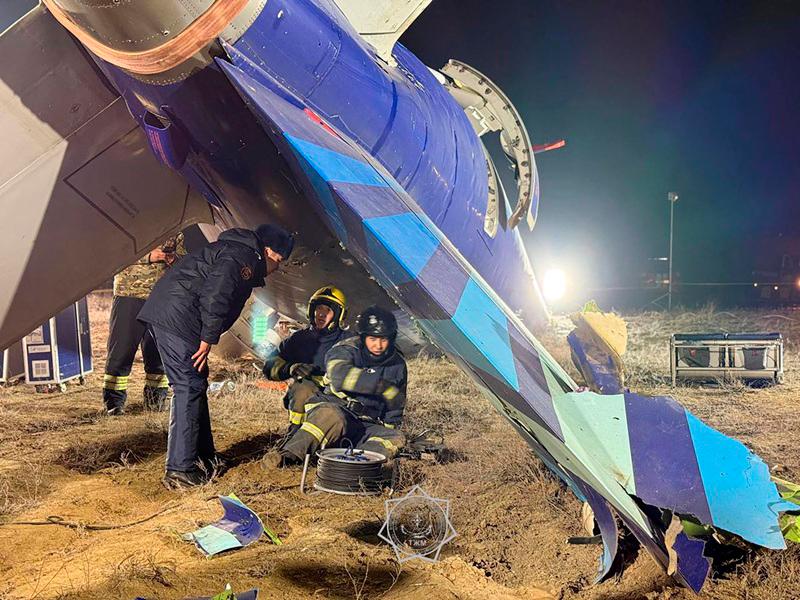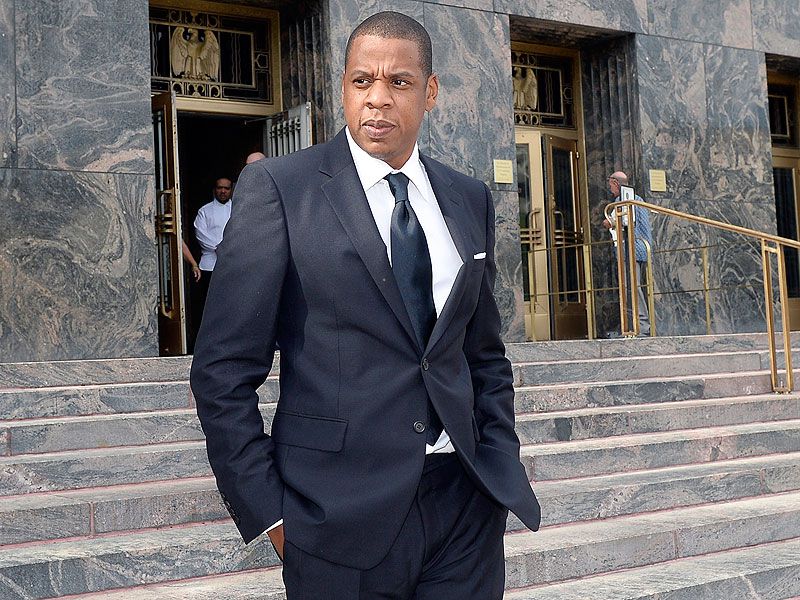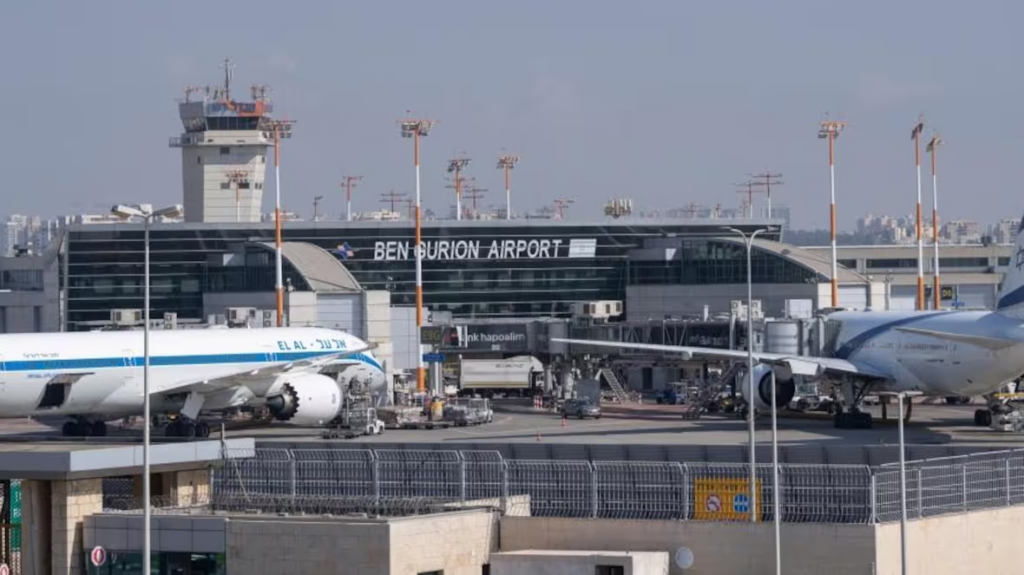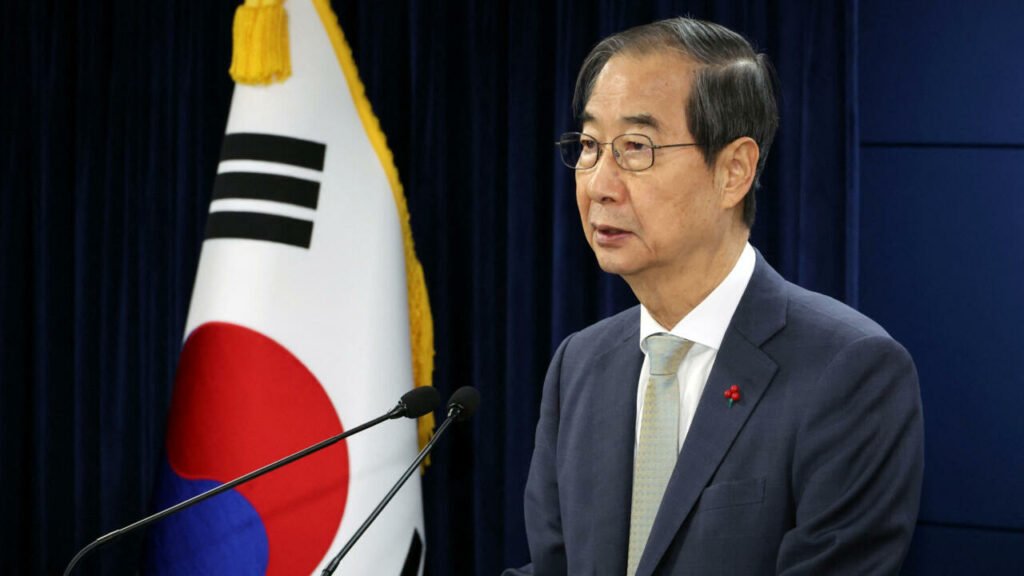KUMASI, Dec 24 (Futball Surgery)- The Ghanaian economy is waiting for a massive boost from the Agriculture sector where farmers will work on high technology and innovation, latest interview of Ghana president-elect John Dramani Mahama suggest.
Farmers will work with high-tech machinery, irrigation systems and will have a group of experts who will operate their machines and repair them as well when they spoilt.
This move will cut farmers from the traditional lack of technology know-how hectic, farming slow down bureaucracy as they will focus only on purchasing seedlings, planting them and taking care till harvesting while the operation of machines and repairs will be done by to be set industry that may consist of experts into machine operation and repairs.
A move that is yet to be made nationwide but has began in Mahama’s personal livestock and crop farms in Northern Ghana. Footages to Futball Surgery showed a high level of division of labour working with high technology and innovation speeding farming process and that addressed traditional farming challenges.
Mahama visited his farms in Yapei and Busunu in the Savannah region where, based on the positive experiences from his own farms, has pledged to tackle the systemic issues that hinder agricultural productivity, including the lack of irrigation, poor access to spare parts for machinery, and inadequate support services.
“One of the major problems we faced this year was the drought,” he said.
“The rains stopped after we planted, and after germination, the crops—maize and soybean—struggled to take root.
“This is why we’re transitioning to irrigation. We’ve drilled five boreholes, and by next year, we’ll install a pivot system to ensure we can grow two crops a year instead of one.”
Irrigation is one of the popular innovations to address the issue of drought across Europe, Asia and Middle East.
Mahama stressed the need for modern agricultural practices and support systems in the interview from his Busunu farm.
“We need to standardise equipment and ensure anyone selling agricultural machinery in Ghana offers after-sales services.
“Right now, one of my combine harvesters is down, and I can’t get the parts locally. If we wait for parts to come from abroad, bushfires will destroy the crops,” he lamented.
Calling for the establishment of farmer service centres, Mahama proposed a system where specialized agencies handle machinery operations and repairs.
“Farmers should focus on farming. My headache today shouldn’t be about fixing a harvester. My job is to procure seeds, fertilizers, and grow crops,” he emphasized.
Reflecting on the broader challenges faced by farmers, Mahama expressed his determination to make agriculture more sustainable and rewarding.
“Agriculture is not just an economic activity; it’s the backbone of our nation. As president, I will ensure that farmers have the tools, infrastructure, and support they need to thrive.”
Based on Mahama’s interview, there could be an emerging or even latest irrigation, machine operation and repair industries in the country to boost agriculture. Research and scientists may also play vital part in Ghana’s surge for economic recovery and unprecedented sustainability.
Mahama also made similar call during a visit to his Yapei livestock and ruminant farm project.
“Farming is my life. I love it, and I’m sure if I didn’t go into politics, I would have been a full-time farmer,” he revealed.
“In any case, when I retire, after this stint, of course, I’m going to go into full-time farming. If you want to see me, you’ll have to come to the farm.”
“We started with 300 goats and other small ruminants, and now we’ve grown to almost 500, with another 200 animals added recently. It’s looking positive,” he said, noting plans to expand into sheep and cattle farming.
On the crop side, Mahama’s farm produces maize and soybean, supplying directly to Asutuare farms for poultry feed.
He highlighted the challenges of balancing his political duties with his love for the land.
“This is not just a business; it’s a way of life for me. It’s therapeutic and fulfilling to work on the farm,” Mahama added, showcasing his dedication to agriculture as both a passion and a means of contributing to Ghana’s food security.
